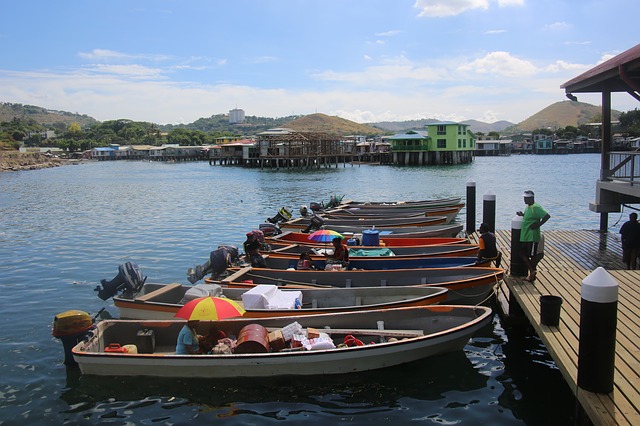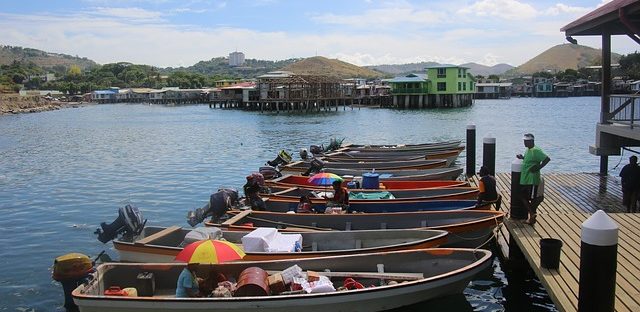- Target: 100% renewable energy in the electricity sector by 2030
- Status: In progress
- RES: Solar power and bio-energy
- Implementation: Papua New Guinea (PNG) occupies the eastern half of the island of New Guinea off the northern coast of Australia. In March 2016, PNG became the first nation in the world to finalize a climate plan under the agreement adopted at COP21 in Paris in December 2015. Although the country's greenhouse gas emissions are negligible, PNG wants to set an example to its neighbours and send a strong message to developed countries that are emitting the majority of greenhouse gases that they should act to protect world populations from climate change. PNG's climate plan, as per the Nationally Determined Contribution (NDC) guided by UNFCCC rules, is to curb fossil fuel emissions. To this end, PNG has committed to transitioning to 100% renewable energy in the electricity sector by 2030, contingent on availability of funding. The nation also plans to improve efficiency across sectors and reduce emissions where possible in the transportation and forestry sectors. PNG will also seek to mitigate its contribution to climate change by reducing deforestation and promoting forest conservation and sustainable management of the nation's forests, which is being coordinated through an existing UN initiative called Reducing Emissions from Deforestation and Forest Degradation (REDD+).
- Population: 8,084,999 (2016)
- Area: 462,840 km2 (178,700 sq mi)
- Link: https://www.businessadvantagepng.com/improving-access-to-finance-the-key-to-solar-power-expansion-in-papua-new-guinea/

Video Player
Video Player
Video Player
Video Player
